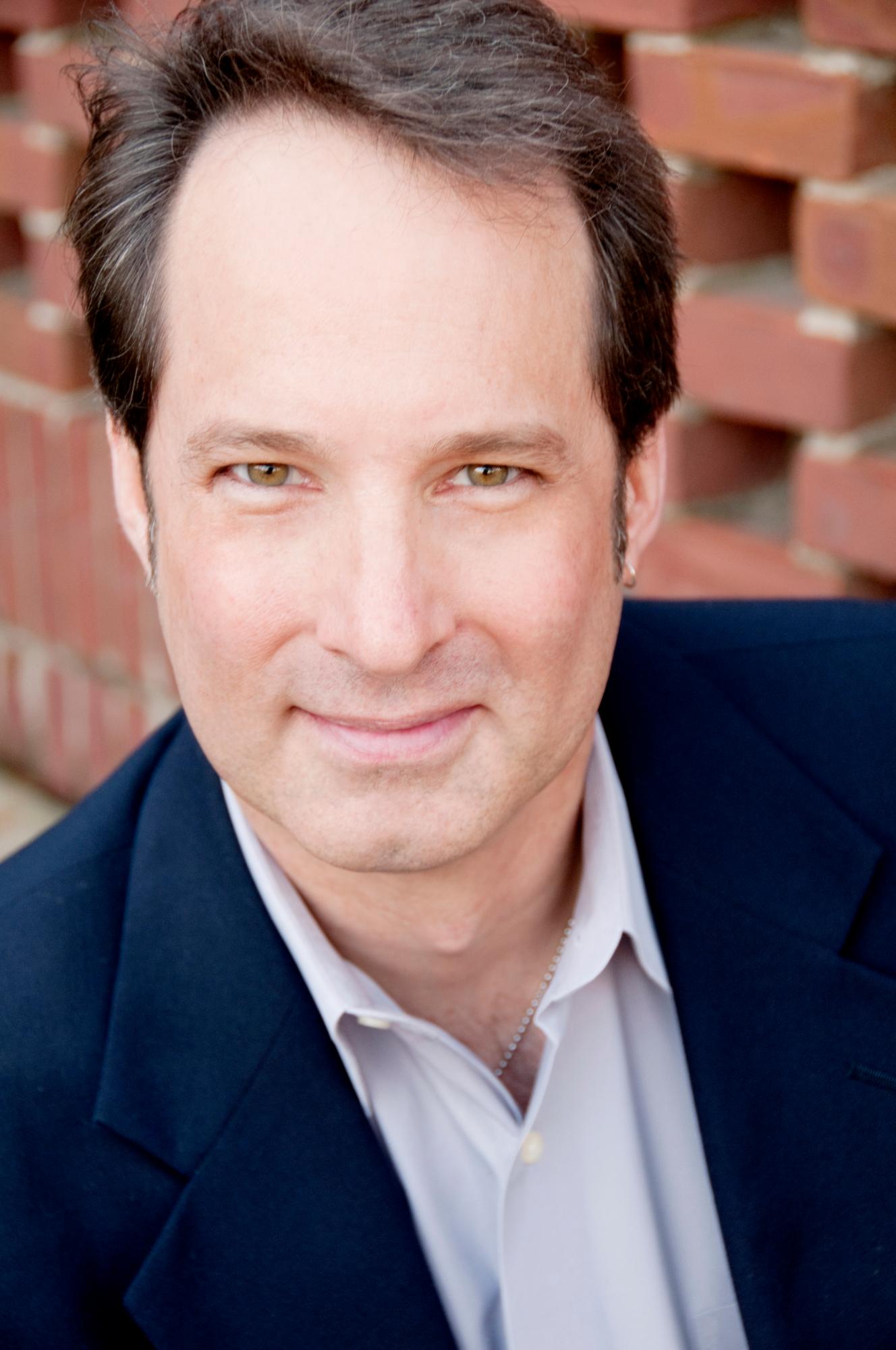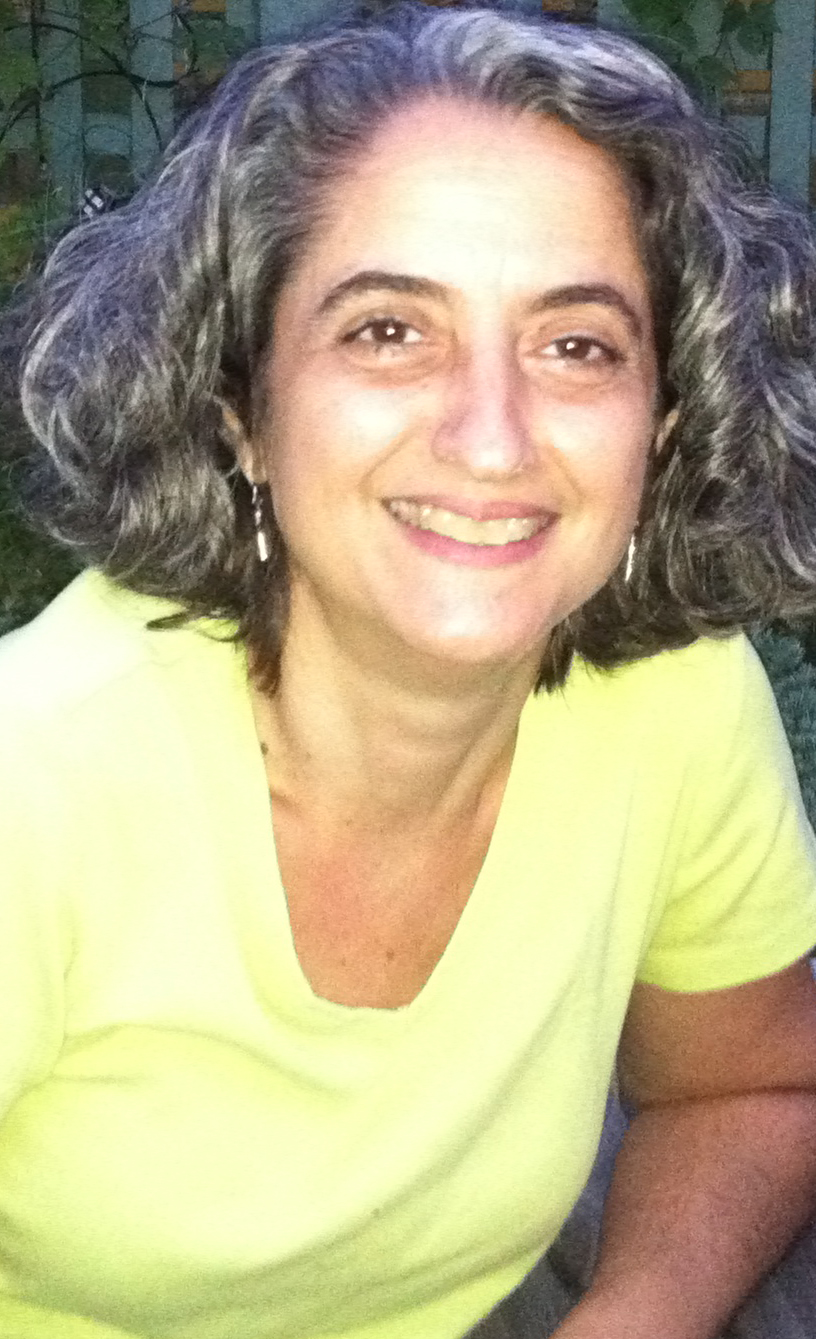Catherine Coppola is a professor of Music History at Hunter College, specializing in music of the nineteenth century. Scholarly interests include genre studies, gender in Mozart operas, and musical borrowing. Her work has been published in 19th-Century Music, The Journal of the Society for Textual Scholarship and Teaching Music. She has presented papers for the Fondazione Giorgio Cini, American Bach Society, International Interdisciplinary Conference of the Society for Textual Scholarship, and at chapter meetings of the American Musicological Society. In addition to the Ph.D. in historical musicology, Prof. Coppola earned the M.M. in piano performance from the Manhattan School of Music, studying with Seymour Lipkin. Concerto performances have include the Rockland Symphony Orchestra and the Bloomington Symphony, and she has served on the piano faculties of Manhattanville College and the Rockland Conservatory of Music. With Lucy Morganstern, she currently performs duo repertoire for piano and violin.
Program Notes
The Lost Hours
Richard Burke writes:
The Lost Hours is a song-cycle based on the work of Pre-Raphaelite painter and poet Dante Gabriel Rossetti (1828-82). Most of the poems are taken from his collection of sonnets, The House of Life. The songs do not form a chronology, but are individual incidents, remembered selectively. They come and go uninvited and, perhaps, unwelcome.
Throughout the cycle there are allusions to a popular song, medieval music, fugue, lied, hymns, baroque sequences, and other styles and genres. A twelve-note row occasionally drifts by. A cheerful march materializes as a dirge plays. Passages from the opening song reappear throughout the others. Holding these episodes together within a decidedly tonal context was a challenge. I have Rossetti to thank for a consistency of tone and language that allowed the music to move beyond familiar, comfortable song forms and conventions.
Still, I might also have to apologize to the poet for occasionally cutting a few lines or changing a word here and there (mostly for the sake of diction and clarity). I am sure that he would understand that a poem is not a song, and that what works on the page may not necessarily communicate when sung on a stage.
"Sudden Light” and "Silent Noon” are performed this evening. They are the eighth and ninth in the cycle of nine songs.
“Sudden Light”
I have been here before,
But when or how I cannot tell:
I know the grass beyond the door,
The sweet keen smell,
The sighing sound, the lights around the shore.
You have been mine before,
How long ago I may not know:
But just when at that swallow's soar
Your neck turned so,
Some veil did fall - I knew it all of yore.
Has this been thus before?
And shall not thus time's eddying flight
Still with our lives our love restore
In death's despite,
And day and night yield one delight once more?
“Silent Noon”
Your hands lie open in the long fresh grass,--
The finger-points look through like rosy blooms:
Your eyes smile peace. The pasture gleams and glooms
'Neath billowing skies that scatter and amass.
All round our nest, far as the eye can pass,
Are golden kingcup-fields with silver edge
Where the cow-parsley skirts the hawthorn-hedge.
'Tis visible silence, still as the hour-glass.
Deep in the sun-searched grass the dragon-fly
Hangs like a blue thread loosened from the sky:-
So this wing'd hour is dropt to us from above.
Oh! clasp we to our hearts, for deathless dower,
This close-companioned inarticulate hour
When twofold silence was the song of love.


Bass-baritone Paul Houghtaling is Associate Professor and Director of Opera at the University of Alabama where he was recently honored with two faculty awards for teaching and leadership. He credits his great mentor Richard Burke for his success as Richard encouraged him to pursue his doctorate at the CUNY Graduate Center and gave him his first teaching job at Hunter College. “Richard taught me to hear music in a whole new way. Classes with him changed my life and career.” states Houghtaling. He has performed throughout the United States and Europe including solo appearances at Carnegie Hall, Lincoln Center, and the Kennedy Center, and appearances with the Baltimore, Boston Lyric, Central City, Des Moines, Knoxville, Nashville, Saratoga, and Santa Fe Operas, among others. Directing credits include Opera on the James, Anchorage, Cedar Rapids, Natchez, and Mobile Operas. He has also appeared with the New York Philharmonic, toured the U.S with the Waverly Consort and recorded extensively with Philip Glass.
